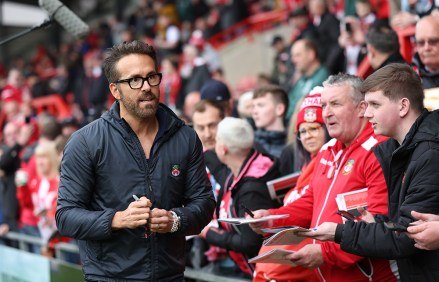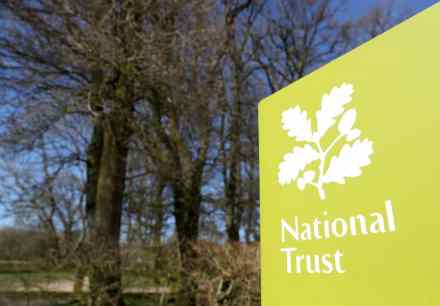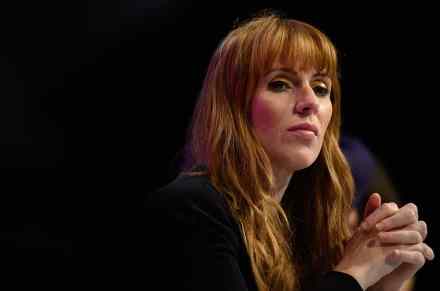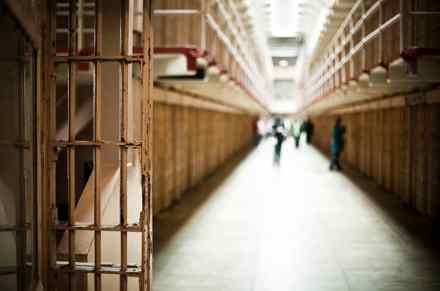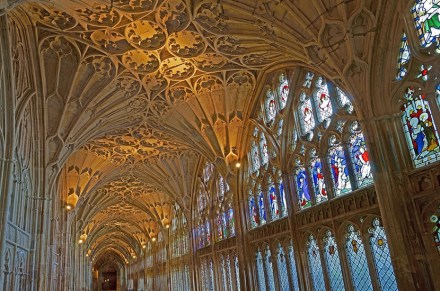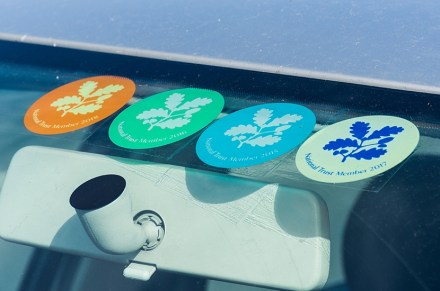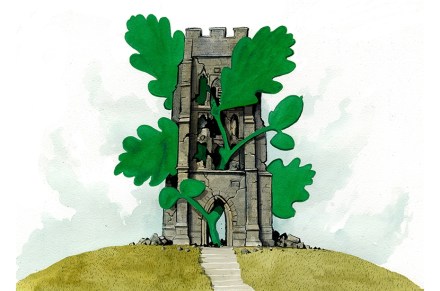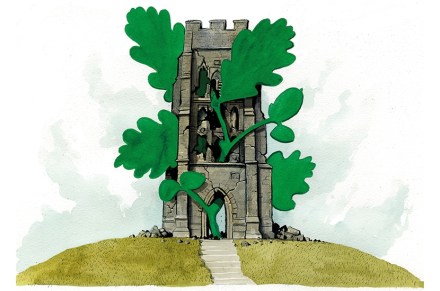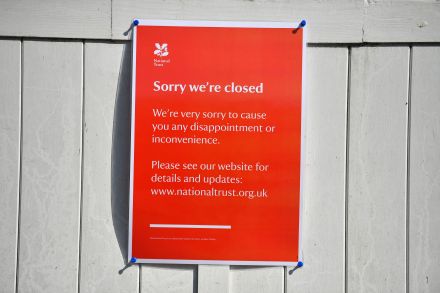Cambridge’s China complicity
UK-China Transparency (UKCT) was formally launched this week (see Notes, 16 September). Its aim is in its name. There is sadly little transparency about UK-China dealings, especially in our universities. I first reported this problem early in 2020 when I investigated the behaviour of Jesus College, Cambridge, and its China Centre, run by the CCP apologist Professor Peter Nolan. It is probably not a coincidence that the three founders of UKCT – Sir Bernard Silverman, Martin Village and the young freelance reporter Sam Dunning – are all Jesus alumni. The more they looked, the more uncomfortable they became about their college’s advancement of CCP networking and propaganda and its role



